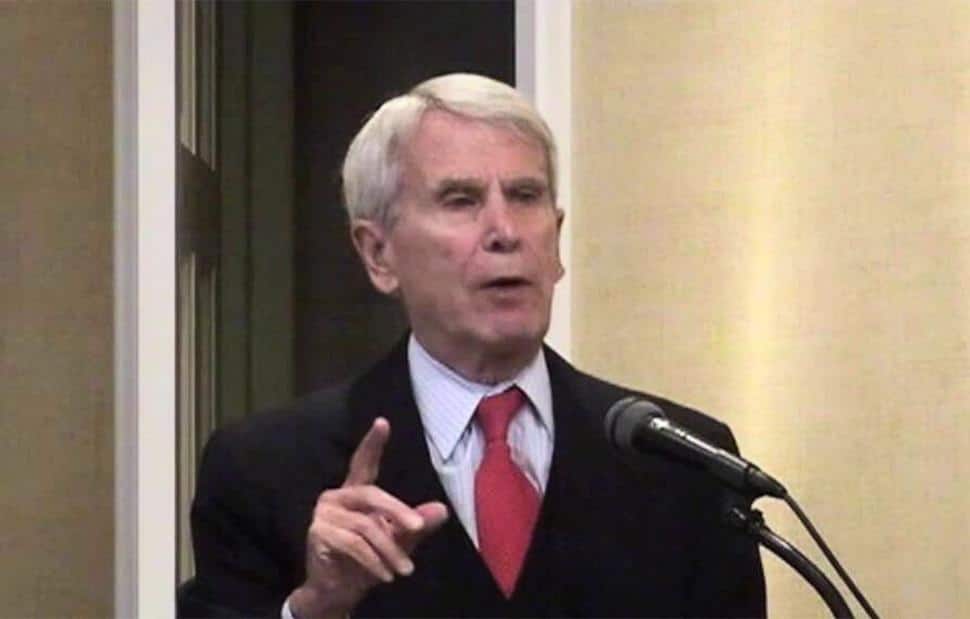

Thomas Niles, a career diplomat and US Ambassador to Greece from 1993 to 1997, has died at the age of 85. His death from cancer was announced Wednesday, April 30, by his brother, John Edward Niles, in a social media post.
Niles served in Athens during a particularly volatile period in the Balkans following the breakup of Yugoslavia and amid escalating tensions between Greece and Turkey.
His tenure included the 1996 Imia crisis, in which both nations deployed special forces to disputed islets in the Aegean Sea.
A Greek Navy helicopter crash during the standoff killed three officers, and a military escalation was narrowly avoided. The crisis was defused through U.S. mediation, particularly by Richard Holbrooke and President Bill Clinton‘s administration.
Both sides agreed to withdraw forces and return to the status quo ante, though sovereignty was left unresolved.
Reflecting on the crisis a year after leaving Athens, Niles criticized the US decision to remain neutral on the sovereignty dispute.
“We knew by the time we took this position that the Greeks were right on the sovereignty argument,” he said.
“When we refused to take a position it sent a signal back to the Turks that we were prepared to countenance or not do anything about aggressive Turkish behaviour toward the Greeks.”
He also defended then-Assistant Secretary of State Richard Holbrooke’s sharp criticism of the European Union’s inaction during the crisis, calling it “unkind, perhaps unnecessary, but true nonetheless.”
In 2022, he was asked what he remembered about the crisis: “I remember being up all night for my involvement in the crisis with the Greek foreign ministry. And we had the President of the United States on the phone pretty much all night,” he said.
“We feared that the worst case scenario would be one in which actual fighting would break out between the Greek and Turkish forces, because there were a large number of military forces in a very small area maneuvering around in the dark, airplanes flying over. There were all kinds of things that could go wrong, but fortunately didn’t,” he added.
One of the most important diplomatic achievements during Niles’ tenure was the negotiation of the US-Greek military base agreement, which allowed US forces to maintain a presence at several key locations in Greece.
There was significant opposition in Greece to the presence of US military bases, particularly among the left-wing parties and student groups. Niles had to navigate these tensions carefully while emphasizing the strategic importance of US bases in Greece for both Greek security and broader NATO objectives.
Before his posting in Greece, Niles served as US Ambassador to Canada (1985–89), Ambassador to the European Union (1989–91), and Assistant Secretary of State for European and Canadian Affairs (1991–93). He was succeeded in Athens by R. Nicholas Burns.
Born in Lexington, Kentucky, on September 22, 1939, Niles studied at Harvard and earned a master’s degree from the University of Kentucky.
He served 36 years in the US Foreign Service, with earlier assignments in Belgrade, Moscow, and the US Mission to NATO in Brussels.
Related: The Legacy of US Ambassadors to Greece Since World War II
